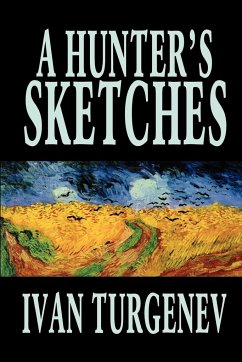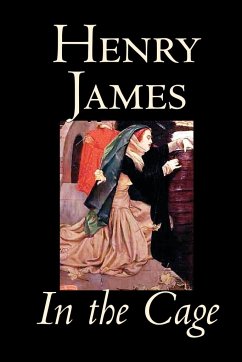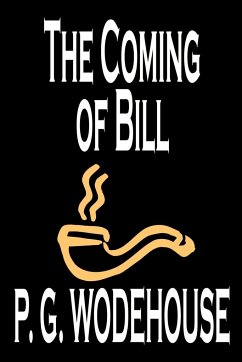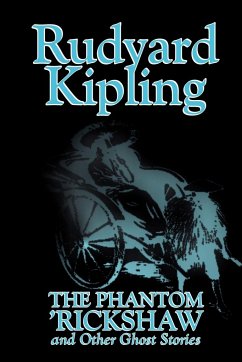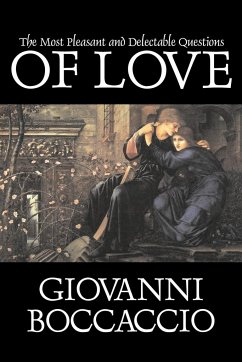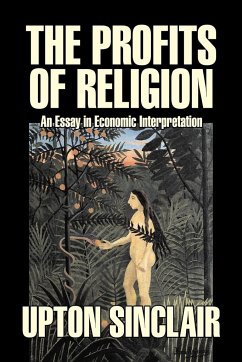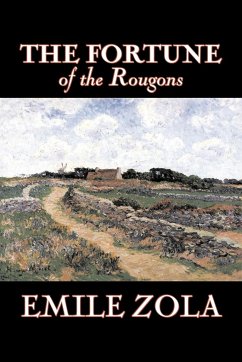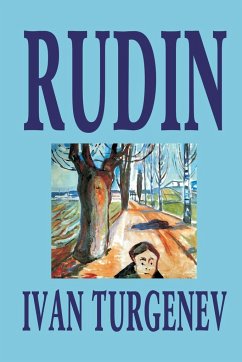
Ivan Turgenev
Broschiertes Buch
Rudin by Ivan Turgenev, Fiction, Classics, Literary
Versandkostenfrei!
Versandfertig in 1-2 Wochen

PAYBACK Punkte
7 °P sammeln!




RUDIN (1856) by Ivan Sergeevich Turgenev (1818-1883) tells the story of a character typical to Turgenev -- a "superfluous" man, weak of will, brimming with indecisive frustration -- and yet tormented by ideals. Rudin is made impotent by the dissonance of honoring the older generations while at the same time embracing the new bold epoch of pre-revolutionary Russia.
Ivan Sergeyevich Turgenev (1818 - 1883) was a Russian novelist, short story writer, poet, playwright, translator and popularizer of Russian literature in the West. His first major publication, a short story collection entitled A Sportsman's Sketches (1852), was a milestone of Russian realism and his novel Fathers and Sons (1862) is regarded as one of the major works of 19th-century fiction. Turgenev's artistic purity made him a favorite of like-minded novelists of the next generation, such as Henry James and Joseph Conrad, both of whom greatly preferred Turgenev to Tolstoy and Dostoyevsky. James, who wrote no fewer than five critical essays on Turgenev's work, claimed that "his merit of form is of the first order" (1873) and praised his "exquisite delicacy", which "makes too many of his rivals appear to hold us, in comparison, by violent means and introduce us, in comparison, to vulgar things" (1896). Vladimir Nabokov, notorious for his casual dismissal of many great writers, praised Turgenev's "plastic musical flowing prose", but criticized his "labored epilogues" and "banal handling of plots". Nabokov stated that Turgenev "is not a great writer, though a pleasant one" and ranked him fourth among nineteenth-century Russian prose writers, behind Tolstoy, Gogol and Anton Chekhov, but ahead of Dostoyevsky. His idealistic ideas about love, specifically the devotion a wife should show her husband, were cynically referred to by characters in Chekhov's "An Anonymous Story".
Produktdetails
- Verlag: Wildside Press
- Seitenzahl: 192
- Erscheinungstermin: 1. September 2003
- Englisch
- Abmessung: 229mm x 152mm x 11mm
- Gewicht: 287g
- ISBN-13: 9781592243884
- ISBN-10: 1592243886
- Artikelnr.: 22374033
Herstellerkennzeichnung
Libri GmbH
Europaallee 1
36244 Bad Hersfeld
gpsr@libri.de
Für dieses Produkt wurde noch keine Bewertung abgegeben. Wir würden uns sehr freuen, wenn du die erste Bewertung schreibst!
Eine Bewertung schreiben
Eine Bewertung schreiben
Andere Kunden interessierten sich für


